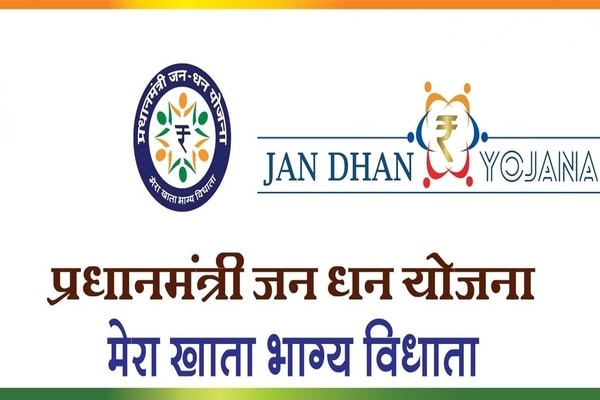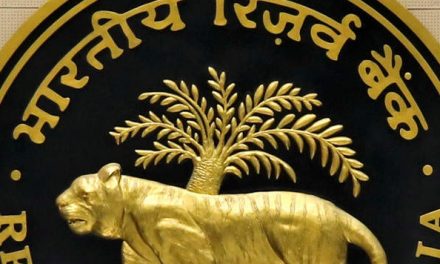Prime Minister Narendra Modi on Friday launched vehicle scrappage policy and said that the policy is a significant milestone in India’s development journey. He urged youth and startups to join the programme.
“The launch of Vehicle Scrappage Policy today is a significant milestone in India’s development journey. The Investor Summit in Gujarat for setting up vehicle scrapping infrastructure opens a new range of possibilities. I would request our youth and start-ups to join this programme,” tweeted PM Modi.
Launching National Automobile Scrappage Policy #CircularEconomy https://t.co/JL7EAZ5BNL
— Narendra Modi (@narendramodi) August 13, 2021
The investors summit is being organized to invite investment for setting up vehicle scrapping infrastructure under the Voluntary Vehicle-Fleet Modernization Program or the Vehicle Scrapping Policy, said Prime Minister’s Office in a statement.
Benefit middle class
“This policy will deeply benefit our middle class,” Modi said. The people will get a certificate on the scrappage of old cars. It will ensure that they get a discount on buying new cars and some exemption on road taxes. It will also save a good amount on the maintenance cost, repair cost, and fuel efficiency of old cars. The most important benefit among all is the life risk that is posed by old technology vehicles will also be reduced, Modi added.
Modernised mobility for economic growth
Mobility is a crucial factor in India’s economic growth. 21st century India needs to switch to clean, congestion-free and convenient mobility, Modi said. The role of industry stakeholders is very important in achieving the government’s goal. The vehicle scrappage policy will bring in investments of around Rs 10,000 crore, Modi said.
“Be it generating employment, reducing pollution, or accelerating demands for electric vehicles, the policy proves to be a win-win situation for the auto industry and various other stakeholders,” the report said.
The policy mandates that passenger vehicles older than 15 years and commercial vehicles older than 20 years will have to be scrapped mandatorily if they fail fitness and emission tests. Moreover, the policy is likely to positively impact the sales of new cars and pave way for more opportunities for the Indian auto sector.
“One of the key opportunities that will emerge from the vehicle scrappage policy will be for the metal recycling business. It will also to an extent reduce the cost of production. Steel is a crucial component for automobile manufacturers, and its price has been growing up to almost 30 per cent in the last six months,” said Saket Mehra, Partner and Automotive Sector Leader, Grant Thornton Bharat.












